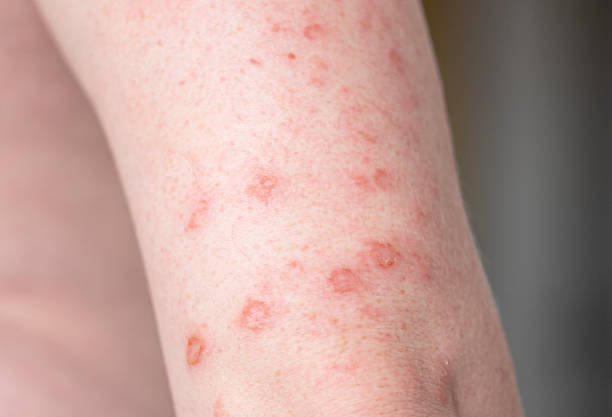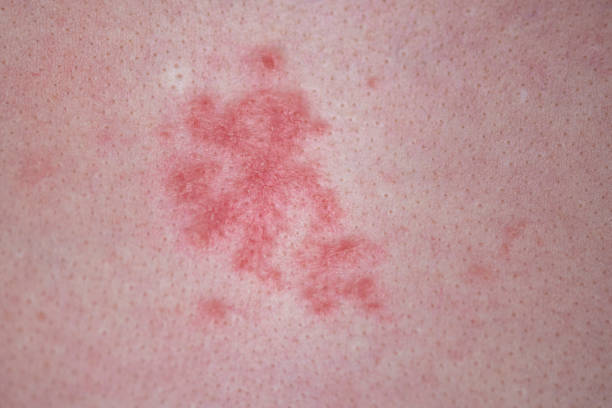Syphilis is a sexually transmitted disease caused by the bacterium Treponema pallidum. It can have a range of symptoms and can cause serious health problems if left untreated. The signs and symptoms of syphilis can vary depending on the stage of the infection and can often be mistaken for other illnesses.
Early signs and symptoms of syphilis include:
Sores or chancres at the site of the infection.
Swollen lymph nodes.
Flu-like symptoms, such as fever and headache.
As the infection progresses, more serious symptoms may develop, including:
Rash on the palms of the hands and soles of the feet.
Warty growths on the genitals.
Joint pain and muscle aches.
Loss of vision, hearing, and coordination.
Mental symptoms, such as confusion and memory loss.
If left untreated, syphilis can cause serious health problems, including:
Heart disease.
Brain damage.
Nervous system damage.
Death.
The treatment for syphilis involves antibiotics, usually penicillin, administered in a single injection or a series of injections. If caught early, syphilis can be easily treated and cured. However, if left untreated, it can cause serious health problems and can be difficult to cure.
In conclusion, it is important to be aware of the signs and symptoms of syphilis and to seek medical attention if you suspect you have been infected. With prompt treatment, syphilis can be cured and serious health problems can be prevented. If you are sexually active, it is recommended that you get tested regularly for sexually transmitted diseases, including syphilis.

 Home
Home Health
Health Diet & Nutrition
Diet & Nutrition Living Well
Living Well More
More












